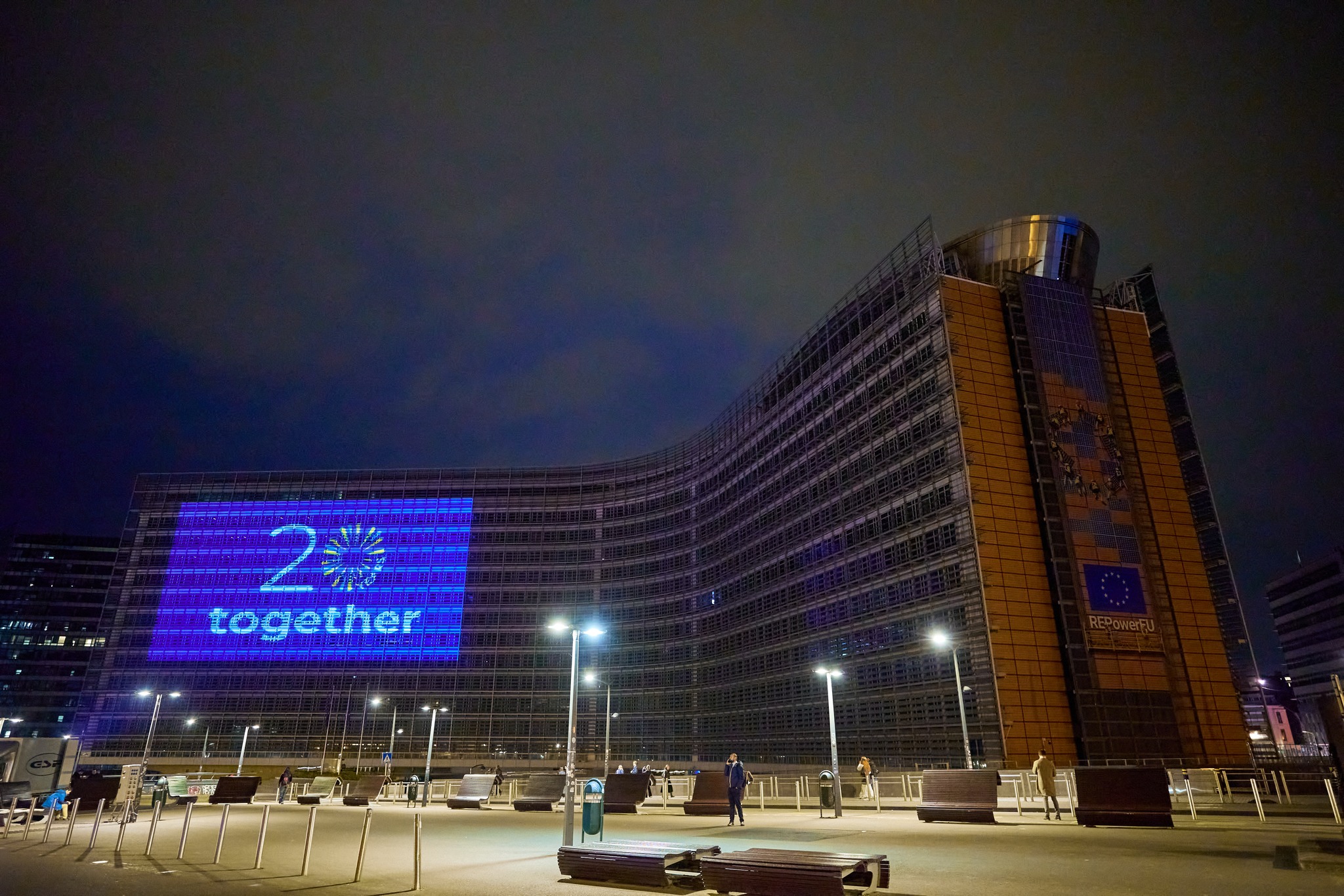
Tibor Navracsics underscored Hungary's commitment to fostering inclusive growth and narrowing regional disparities.Continue reading

The last five years of the European Union (EU) have been a failure for two reasons: bad decisions in a well-functioning system and fundamental structural problems, the Minister for European Union Affairs said at an event organized by the XXI Century Institute.
Speaking at a conference, János Bóka stressed that the EU had made bad decisions due to incompetent leadership, which is why a change of leadership is necessary, but that alone is not enough because of the bad structure.
The EU has failed in the areas of peace and security, competitiveness, the management of the migration crisis, and agriculture,
Bóka emphasized, adding that this is why it is a huge challenge for Hungary to take over the rotating presidency of the European Union.
He noted that the presidency will have two tasks: managing the institutional transition after the elections and ensuring the functioning of the EU in the transition period, while Hungary will also have the opportunity to restore the “broken institutional balance,” and put Member States back in the political driving seat.
A further important challenge for Hungary is to make progress on the big strategic issues,
to replace the institutional approach with a results-oriented approach
and to reflect the real interests of Member States and European voters, the politician added.
Bóka noted that the priorities of the rotating presidency include strengthening the EU’s global competitiveness and European security and defense policy, tackling the external dimension of migration, protecting borders much more effectively, addressing the situation of European agriculture, ensuring the status of cohesion policy, and focusing on the Western Balkans region.
European identity is an inseparable part of Hungarian identity, but European identity cannot be understood without national identities, the minister highlighted, adding that Hungary’s accession was a historical justice for Hungary, but it was also in its economic and strategic interest. The development of the Hungarian economy cannot be achieved without access to the European internal market, and the country’s security can only be guaranteed if it is part of a strong European defense alliance.
Mária Schmidt, Director General of the XXI Century Institute, noted that in 2024, elections will be held in many countries around the world, and that this year could be the year of democracy.
According to her,
there are many issues that need to be discussed in the European Union, such as the Russian-Ukrainian war, migration, the economy, and the relationships between Europe and the United States, and Europe and China.
However, the European elites do not tolerate debate on these issues because they are clueless and unimaginative, and at the same time it is not very clear who exactly the elites are and who makes the decisions, she said.
“Europe is in crisis in terms of identity, culture, economy, elites, and morality. The lack of trust and respect and moral uncertainty is a huge problem, and if we do not change this, we will face the greatest crisis of all,” Schmidt concluded.
Via MTI; Featured image via Facebook/European Commission